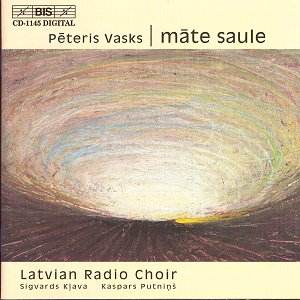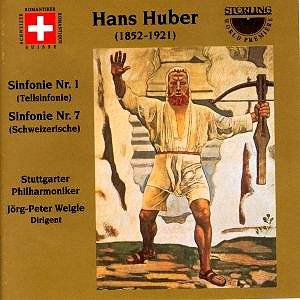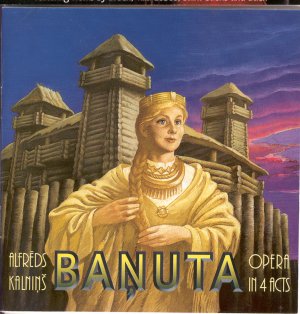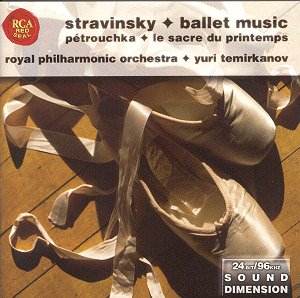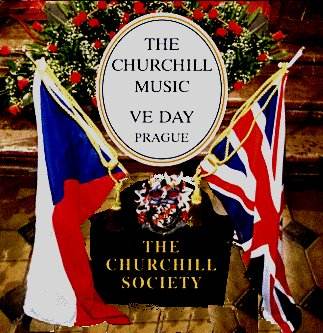 Composer: RUTHERLYN
Composer: RUTHERLYN
Works: The Churchill Music
Performers: Czech National Symphony/Vladimir Valek
Recording: This England, PO Box 52, Cheltenham, GL50 1HT. £8.50
Label: This England
Norman Harvey Rutherlyn, born in 1934, stands as a curious figure in the contemporary classical landscape, straddling the line between amateur enthusiasm and earnest artistic endeavor. His work, The Churchill Music, composed over a span of eight years from 1965 to 1973, serves as a musical homage to Sir Winston Churchill, reflecting themes of war, peace, and national identity. Although Rutherlyn’s stature may not rival that of his more celebrated contemporaries, this work offers a unique perspective on the historical figure, encapsulating the emotional and cultural resonance of Churchill’s legacy, albeit through a lens that is at times uneven.
The performance by the Czech National Symphony under Vladimir Valek reveals both the strengths and weaknesses inherent in Rutherlyn’s composition. The orchestration, partially developed by RCM graduate Derek Barnes, exhibits moments of charm, particularly in the opening sections, Cradle Days and Nursery Days. These movements evoke a nostalgic simplicity reminiscent of British light music, characterized by their lyrical melodies and gentle harmonies. The lush orchestral colors employed here serve as a reminder of the pastoral traditions rooted in British music. However, as the work progresses into the sections depicting the tumult of war—complete with recorded sound effects of machine-gun fire and air-raid sirens—the cohesion falters. These elements, while ambitious in intent, lack the artistic finesse to fully integrate with the surrounding music, resulting in a jarring juxtaposition that detracts from the overall impact.
The technical execution of the Czech National Symphony is competent, yet it often seems to tread water in the face of the material’s inherent challenges. Valek’s conducting balances the orchestral forces well, but the interpretation occasionally falls short of the dramatic weight that such historical themes demand. The Churchill March, for instance, while rousing and appropriately celebratory, fails to carve out a distinctive identity within the crowded canon of military-themed works. The rhythmic drive is present, yet the thematic material lacks the individual touch that would elevate it beyond mere pastiche.
Sound quality plays a crucial role in the listening experience. The engineering is serviceable but does not elevate the performance to a level commensurate with its historical aspirations. The recording captures the orchestral textures adequately, though it sometimes struggles with clarity, particularly in the denser passages. This becomes particularly evident in moments where the recorded sound effects clash with the orchestra, creating a muddled sonic landscape that hampers the listener’s engagement with the music.
When comparing The Churchill Music to other notable works of similar thematic intent, such as Walton’s Belshazzar’s Feast or Vaughan Williams’s A Pastoral Symphony, Rutherlyn’s composition reveals a certain lack of depth and originality. Where those composers infused their works with profound emotional and philosophical undercurrents, Rutherlyn’s music often remains on the surface, offering a snapshot of sentiment without delving into the complexities of the human experience.
Rutherlyn’s The Churchill Music certainly possesses a curiosity value, representing an earnest tribute to a towering historical figure. The best segments, particularly the earlier movements, showcase a quaint charm that many listeners might find appealing, yet the unevenness throughout the work ultimately undermines its potential impact. For those interested in exploring lesser-known corners of the British light music tradition, this recording may offer moments of enjoyment, but it lacks the sustained artistic vision that characterizes the more enduring contributions to the genre.
